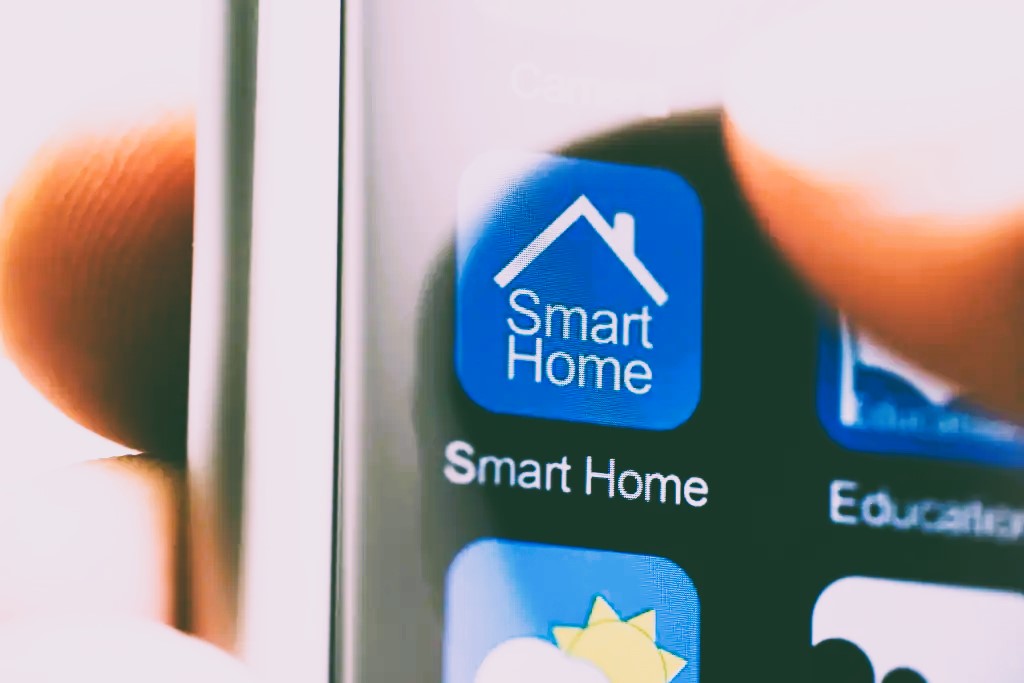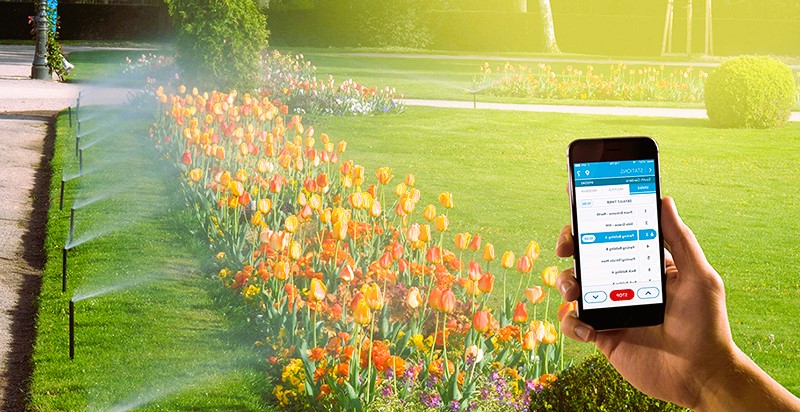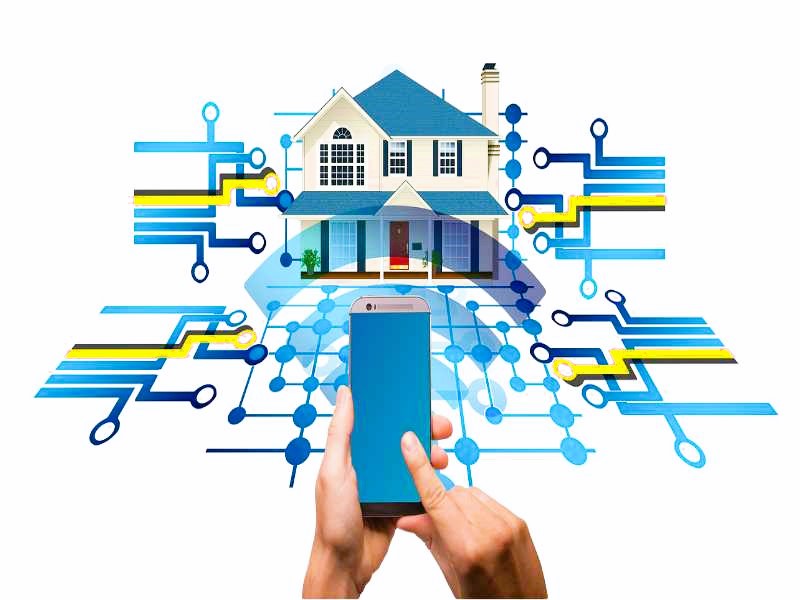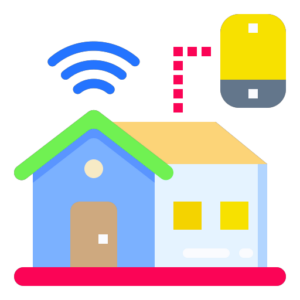The integration of smart home technology has revolutionized the way we manage and consume energy within our living spaces. Smart homes offer a range of solutions designed to enhance energy efficiency, reduce environmental impact, and lower utility costs. In this exploration, we will delve into the various ways in which smart homes contribute to energy conservation, providing tips and tricks for homeowners looking to create a more sustainable and efficient living environment.
1. Smart Thermostats: Precision in Temperature Control
Features: Smart thermostats are at the forefront of energy-efficient home management. These devices go beyond traditional thermostats by learning user habits, adjusting temperature settings based on occupancy, and providing remote control via smartphone apps.
Tips:
- Programmable Schedules: Set up personalized schedules for heating and cooling based on your daily routines.
- Adaptive Learning: Allow the smart thermostat to learn your preferences over time for automatic adjustments.
- Remote Control: Use smartphone apps to adjust temperature settings when away from home.
2. Energy-Efficient Lighting Solutions: Beyond On and Off
Features: Smart lighting systems offer more than simple on and off functionality. They provide customizable brightness, color options, and scheduling features to optimize energy use.
Tips:
- LED Bulbs: Use energy-efficient LED bulbs that consume less electricity and have a longer lifespan.
- Motion Sensors: Install motion sensors to automatically turn off lights in unoccupied rooms.
- Scheduling and Automation: Set up automated lighting schedules to align with your daily activities.

3. Advanced HVAC Systems: Intelligent Climate Control
Features: Smart Heating, Ventilation, and Air Conditioning (HVAC) systems bring intelligence to climate control. They can adapt to changing conditions, optimize energy use, and provide insights into system performance.
Tips:
- Regular Maintenance: Ensure HVAC systems are well-maintained for optimal efficiency.
- Zoned Heating and Cooling: Implement zoned climate control to heat or cool specific areas as needed.
- Smart Vents: Use smart vents to redirect airflow to occupied rooms, avoiding unnecessary heating or cooling of unoccupied spaces.
4. Smart Appliances: Efficient Power Consumption
Features: Smart appliances, such as refrigerators, washing machines, and dishwashers, offer energy-efficient operation through features like adaptive cycles, remote monitoring, and energy consumption tracking. Which voice control development is better? Read this in our article comparing Alexa, Google Assistant and Siri.
Tips:
- Energy Monitoring: Choose appliances with energy monitoring capabilities to track and optimize usage.
- Load Optimization: Schedule appliance use during off-peak hours to take advantage of lower energy costs.
- Smart Plugs: Use smart plugs to add intelligence to existing appliances, enabling remote control and energy monitoring.
5. Solar Power Integration: Harnessing Renewable Energy
Features: Smart homes can integrate solar power systems, allowing homeowners to harness renewable energy from the sun. Smart inverters and monitoring systems optimize solar energy production and consumption.
Tips:
- Solar Panel Placement: Optimize solar panel placement for maximum sunlight exposure.
- Energy Storage: Consider integrating energy storage solutions to store excess solar energy for later use.
- Smart Inverters: Install smart inverters to maximize the efficiency of converting solar energy into usable power.
6. Smart Blinds and Shades: Sunlight Optimization
Features: Automated blinds and shades can adjust based on sunlight intensity and time of day, helping regulate indoor temperatures and reduce the need for artificial lighting.
Tips:
- Schedule-Based Adjustments: Program blinds to adjust based on the time of day to maximize natural lighting.
- Sunlight Sensors: Use sensors to automatically lower blinds on sunny days to prevent overheating.
- Integration with Smart Home Hubs: Integrate blinds with smart home hubs for centralized control and automation.
International Standards and Smart Home Energy Efficiency:
The International Organization for Standardization (ISO) plays a crucial role in developing and maintaining standards related to smart home energy efficiency. These standards cover aspects such as energy monitoring, interoperability of devices, and sustainable practices to ensure that smart homes adhere to globally recognized benchmarks.
For more information on international standards related to smart home energy efficiency, you can refer to the ISO website.
7. Water Management with Smart Irrigation: Efficient Outdoor Use

Features: Smart irrigation systems use weather data and soil moisture sensors to optimize watering schedules, preventing overwatering and promoting efficient outdoor water use.
Tips:
- Weather-Based Adjustments: Set up irrigation schedules based on weather forecasts to avoid unnecessary watering during rain.
- Soil Moisture Monitoring: Use soil moisture sensors to determine when watering is needed, preventing overwatering.
- Remote Control: Adjust irrigation settings remotely based on real-time conditions.
8. Smart Home Energy Monitoring: Awareness and Insights
Features: Energy monitoring systems provide real-time insights into overall energy consumption, allowing homeowners to identify areas for improvement and optimize usage.
Tips:
- Real-Time Tracking: Monitor energy consumption in real-time to identify high-use periods and devices.
- Set Energy Goals: Establish energy-saving goals and use monitoring systems to track progress.
- Integration with Smart Home Hubs: Integrate energy monitoring systems with smart home hubs for centralized control and automation.
Conclusion: Building a Sustainable Future
In conclusion, smart homes play a pivotal role in enhancing energy efficiency, promoting sustainability, and reducing the environmental impact of residential living. By incorporating intelligent technologies and following energy-efficient practices, homeowners can create comfortable living spaces while minimizing their carbon footprint and utility costs.
As international standards continue to evolve, the adoption of smart home solutions aligned with these standards ensures a globally recognized framework for energy-efficient practices. From smart thermostats to solar power integration, the journey toward a more sustainable and efficient future starts with the thoughtful integration of smart technologies into our homes.


